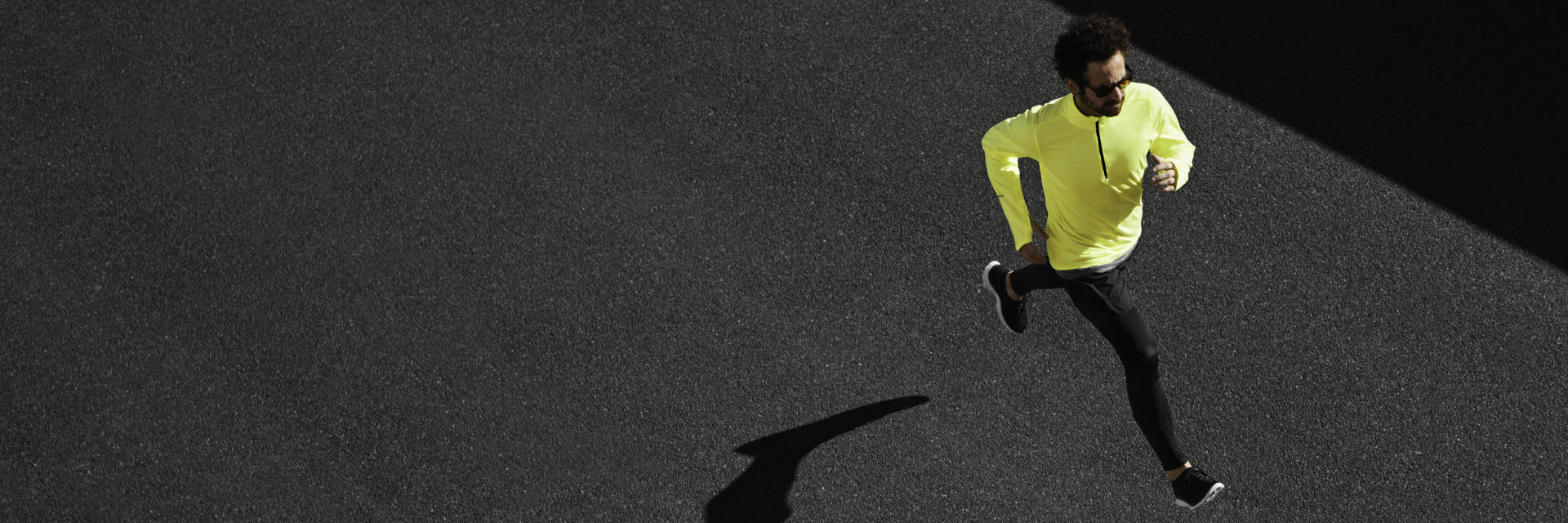
A hernia is a condition that occurs when an internal organ, often a portion of the intestine, bulges through a weak spot in the surrounding muscle or tissue. This can happen in various parts of the body but most commonly occurs in the abdomen. While hernias are not always immediately serious, they can lead to complications if left untreated, including pain and potentially life-threatening issues.
Understanding the risks associated with hernias, particularly for active and inactive individuals, is essential for prevention and prompt treatment.
What Are the Different Types of Hernias?
There are several types of hernias, but the most common ones include:
- Inguinal Hernia: Occurs in the groin area when tissue protrudes through a weak spot in the abdominal muscles.
- Femoral Hernia: Similar to an inguinal hernia, it occurs lower in the groin when fatty tissue or a portion of the intestine pushes through a weak spot in the femoral canal.
- Umbilical Hernia: Usually seen in infants, but can also occur in adults, involving the area around the belly button (navel).
- Incisional Hernia: May develop after abdominal surgery, when tissue pushes through an incision in the abdomen.
Hernia Risks for Active People
Active individuals may believe that their lifestyle offers numerous health benefits, including improved strength and fitness. However, certain activities can also increase the risk of hernias. Sports Medicine – Open published an article in August 2024 affirming that “fitness pursuits may be an increasing contributor to the development of abdominal wall hernia.”
For instance:
- Weightlifting and Straining: Lifting heavy weights, especially without proper technique, can put immense pressure on the abdominal wall, leading to potential weaknesses that can manifest as hernias.
- Contact Sports: Sports that involve physical contact or intense abdominal strain, such as football and wrestling, can contribute to the development of hernias.
- High-Impact Activities: Activities that involve sudden changes in movement and impact may increase the risk of straining the abdominal muscles.
Despite the physical fitness of active individuals, these activities can expose them to hernia risks. It is crucial for active people to maintain proper form and listen to their bodies, recognizing when they might be overexerting themselves.
Hernia Risks for Inactive People
On the flip side, individuals who are inactive or sedentary also face hernia risks, often due to different underlying factors. According to Physiopedia, obesity, poor nutrition and smoking all weaken muscles and make hernias more likely.
- Weak Abdominal Muscles: Inactive people may experience a natural weakening of the abdominal walls over time, making them more susceptible to hernias.
- Obesity: Inactivity can contribute to weight gain, which increases pressure on the abdomen and raises the risk of hernias developing, especially in those with increased abdominal fat.
- Poor Nutrition: A sedentary lifestyle can be linked to poor dietary choices that lead to conditions such as constipation, which can cause straining during bowel movements—the perfect condition for developing a hernia.
- Chronic Coughing: Lack of physical activity may lead to chronic conditions such as respiratory issues, which can increase the likelihood of coughing and subsequent abdominal strain.
How Core Surgical Can Help
At Core Surgical in NYC, our team of experienced hernia specialists offers comprehensive care for those at risk of hernias as well as those who need treatment. We emphasize education and preventive measures tailored to your lifestyle, whether you’re active or inactive. Our services include:
- Diagnostic Evaluations: Understanding your individual risk factors and symptoms, we provide thorough assessments to determine the best course of action.
- Minimally Invasive Surgery: For those who require intervention, we specialize in laparoscopic techniques that reduce recovery time and minimize pain.
- Post-Operative Care: Our support doesn’t end with surgery; we provide guidance on rehabilitation and best practices to help prevent hernias from recurring.
Hernia FAQs
What are the common symptoms of a hernia?
Common symptoms may include a noticeable lump or bulge, discomfort or pain in the affected area (especially when lifting or straining) and a feeling of weakness in the abdominal region.
Are hernias painful?
Not always. Some hernias may be asymptomatic and cause little to no pain, while others can be quite painful, particularly during physical activity.
Can hernias go away on their own?
Hernias do not typically resolve on their own and usually require surgical intervention if they cause symptoms or complications.
How can I prevent a hernia?
To lower the risk of hernias, maintain a healthy weight, avoid heavy lifting without proper support, exercise your core muscles and eat a high-fiber diet to prevent constipation.
Is surgery the only treatment for a hernia?
Surgery is the most common treatment for hernias, especially if they cause pain or complications. Non-surgical options may be considered in certain cases, but they are generally not effective for long-term resolution.
NYC Midtown Hernia Surgery Specialists
Understanding the risks of hernias for both active and inactive individuals is essential to prevention and effective treatment. At Core Surgical, we’re dedicated to providing expert care to help you manage and prevent hernias effectively.
If you’re unsure about your risk or have concerns, don’t hesitate to reach out to our specialists for guidance and support.
Posted on behalf of
133 E 58th St Suite 703
New York, NY 10022
Phone: (212) 628-8771
Email: [email protected]
Monday - Thursday: 9:00AM to 5:00PMFriday: 9:00AM to 4:00PM
Saturday - Sunday: Closed
